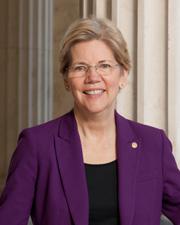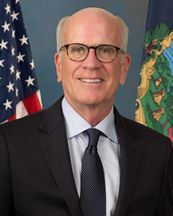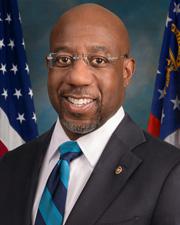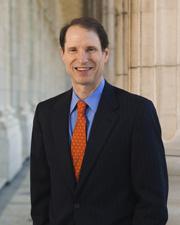0
Richard L. Trumka Protecting the Right to Organize Act of 2023
2/5/2024, 6:49 PM
Congressional Summary of S 567
Richard L. Trumka Protecting the Right to Organize Act of 2023
This bill expands various labor protections related to employees' rights to organize and collectively bargain in the workplace.
Specifically, it revises the definitions of employee, supervisor, and employer to broaden the scope of individuals covered by the fair labor standards; permits labor organizations to encourage participation of union members in strikes initiated by employees represented by a different labor organization (i.e., secondary strikes); and prohibits employers from bringing claims against unions that conduct such secondary strikes.
The bill also allows collective bargaining agreements to require all employees represented by the bargaining unit to contribute fees to the labor organization for the cost of such representation, notwithstanding a state law to the contrary, and it expands unfair labor practices to include prohibitions against replacement of, or discrimination against, workers who participate in strikes.
The bill makes it an unfair labor practice to require or coerce employees to attend employer meetings designed to discourage union membership and prohibits employers from entering into agreements with employees under which employees waive the right to pursue or a join collective or class-action litigation.
Finally, the bill addresses the procedures for union representation elections, modifies the protections against unfair labor practices that result in serious economic harm, and establishes penalties and permits injunctive relief against entities that fail to comply with National Labor Relations Board orders.





